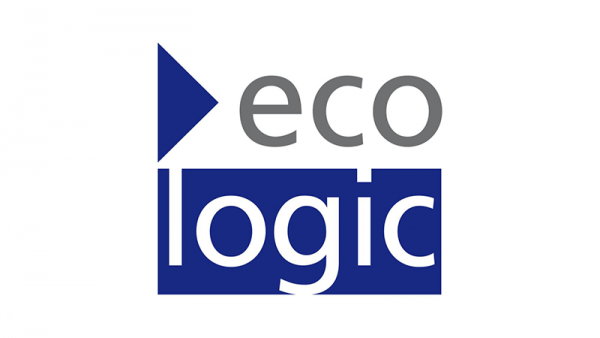Review and assessment of applicability of international best practices for air quality management in Vietnam
Air quality in Vietnam has been affected by strong economic development. This is particularly noticeable in the big cities and in the north of the country. The main sources of pollution are biomass-burning, emissions from industries, dramatic increase of transportation since 2005, dynamic economic growth, and power production.
While Vietnam has made considerable effort over the past years to improve its air quality management, air pollution issues have outgrown the effect of counter measures. International best practices and case studies in the field of air quality legislation can be a valuable opportunity for Vietnam to benefit from the experience of other countries and improve its own air quality legislation.
The environmental code is a general environmental law (“umbrella law“) containing fundamental definitions, principles, objectives and instruments for all environmental media. It defines general rights and obligations, policies, measures for authorities and individuals. For its practical implementation, the code requires more specific legal regulation such as an air quality act.
The overall objective of this study is to provide decision-makers in Vietnam with examples of successful legislative air quality measures from different countries. This requires to review the laws of suitable countries, identify best practices and assess their transferability to the case of Vietnam.
Relevant countries are (South) East Asian countries that are more developed than Vietnam, that experience similarly serious air quality issues or that have already introduced effective air quality legislation (e.g. South Korea, China, Thailand). Traditionally, Vietnam has a high affinity with those countries. Research in those countries shall be complemented with a study of countries with an advanced air quality policy (e.g. Germany).
Duration
04/2019-08/2019
Cooperation partner
Funded by
Deutsche Gesellschaft für Internationale Zusammenarbeit (GIZ) GmbH
Contact




